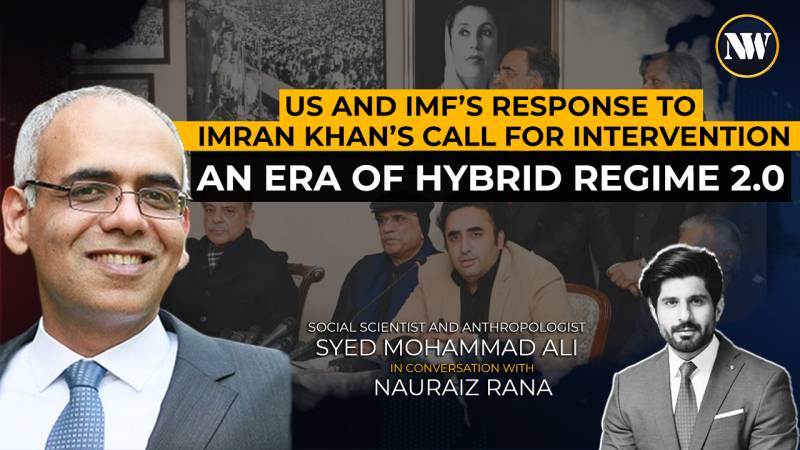Nauraiz Rana, an economist at the World Bank sits down with Syed Muhammad Ali, a prominent anthropologist and social scientist affiliated with Johns Hopkins University, American University, and the Middle East Institute. He offers valuable insights into the political landscape of Pakistan, particularly focusing on the recent elections and their implications for the country's trajectory.
Syed Ali delves into the complex dynamics of Pakistani politics, highlighting the historical context of civil-military imbalances and the legacy of patronage systems dating back to colonial times. He discusses how these factors influence postcolonial governance models and the challenges they pose to democratic norms.
Regarding the recent elections, Syed Ali discusses the significant voter turnout, particularly among youth populations, and the surprising success of independent candidates. He examines the role of the military establishment and its historical influence on Pakistani politics, emphasizing the need to understand the broader geopolitical context shaping these dynamics.
Furthermore, Syed Ali addresses the implications of the coalition government formed between the Pakistan Muslim League-Nawaz (PML-N) and the Pakistan Peoples Party (PPP), highlighting the challenges of governance amidst a polarized political landscape. He discusses the economic pressures facing Pakistan, including IMF loans and the need for tough decisions that may disproportionately impact the population.


